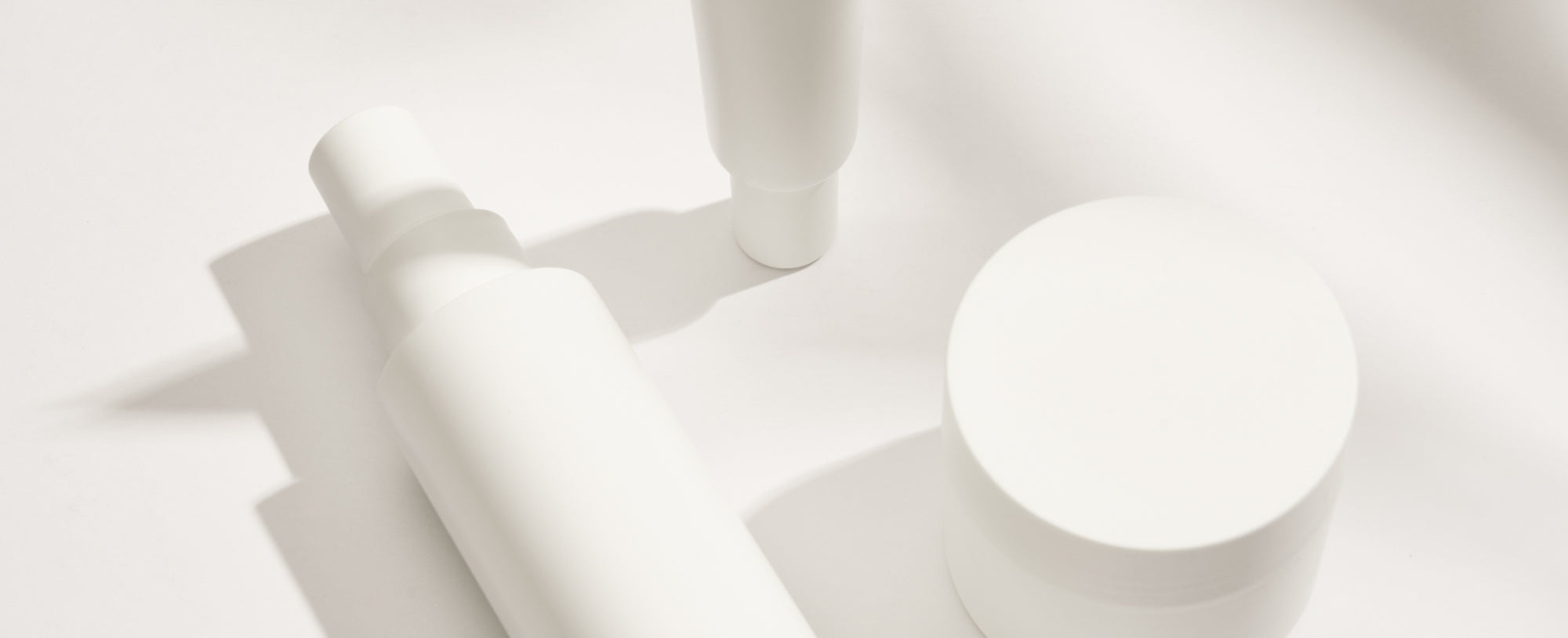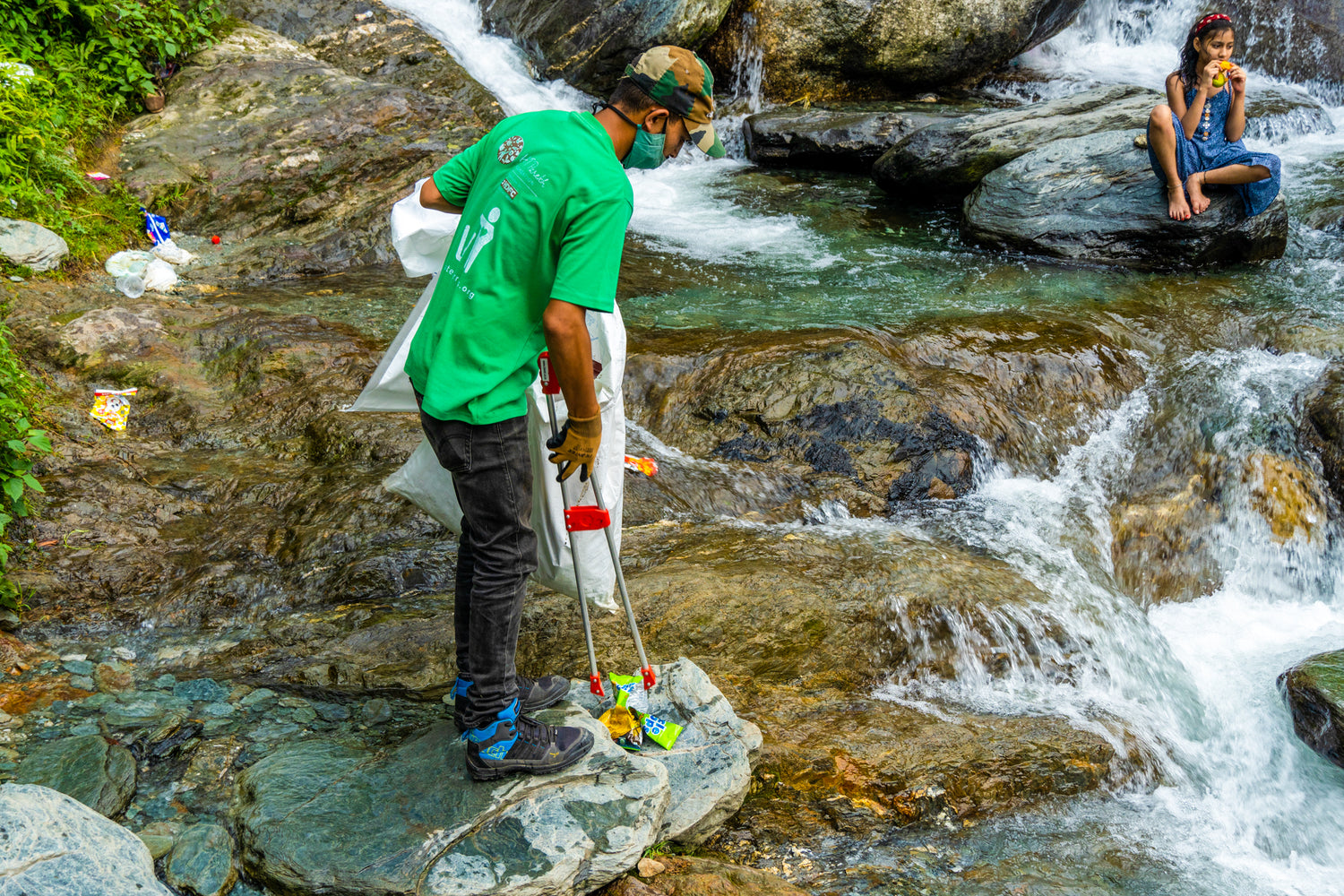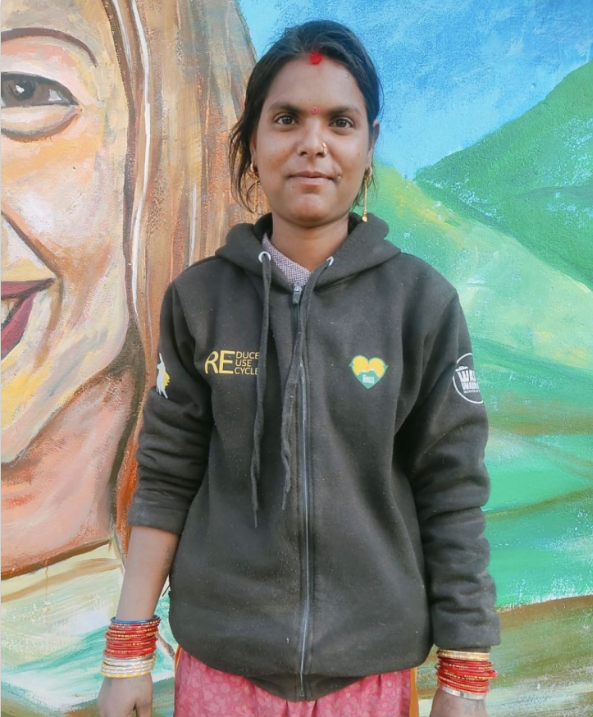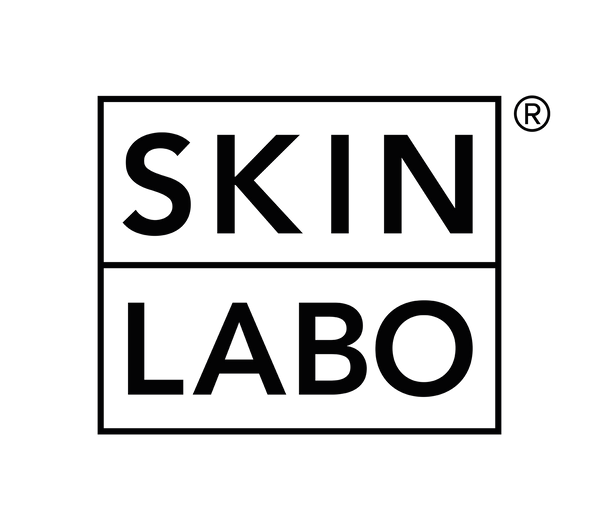
SkinLabo is certified Plastic Neutral by rePurpose Global
The world produces 400 million tonnes of plastic waste each year, of which only 9% is recycled. All of the remainder ends up in landfills or in nature, deteriorating the eco-systems. Meanwhile, more than 3 billion people around the world lack one fundamental right: access to waste management services. As a plastic user brand, we have the opportunity and the responsibility to change this. So together with rePurpose Global we have set ourselves a goal.
Remove as much plastic waste from nature as we produce.
-
ESTIMATE
Every year we measure our plastic footprint, i.e. the amount of plastic we produce through our packaging.
-
INVESTMENT
We finance the removal of an equivalent amount of plastic from nature through verified impact projects by rePurpose Global.
-
REDUCTION
Being Plastic Neutral is an ongoing commitment and the roadmap towards a more circular business model primarily requires a focus on reducing the use of virgin plastics in our products.
"SkinLabo's decision to become Plastic Neutral is very much needed. We hope it will push other brands to also take responsibility for their plastic waste and adopt active efforts to reduce its use."
Aditya Siroya (Co-Founder and Chief Impact Officer of rePurpose Global)"

The Pavitra Parvat project
Uttarakhand, known as the 'Land of the Gods', is located in the Himalayan region of India: an ecologically sensitive area where tourism contributes heavily to environmental degradation, mainly due to plastic pollution.The Pavitra Parvat project addresses the plastic waste issues in Dehradun, a district in the foothills of the Himalayas, where 10 to 12 tonnes of plastic waste are produced every day, often abandoned, burnt or dumped in the Ganges River. The rough terrain and the isolation of the villages make it difficult to set up waste management systems.The ongoing action with rePurpose Global is to bring holistic plastic waste management to 100 per cent of households in Dehradun and rural areas by 2030, and consequently recover over 1.5 million pounds of low-value plastic from the natural environment.

Anjali's voice
Throughout my childhood, I used to spend my days helping my mother collect waste to make ends meet. Since I joined the Pavitra Parvat Project in 2021, I have been working full-time as a waste sorter with a fixed salary, which allows me to send my children to school and benefit from social security and health insurance schemes. This project has changed my life.
Anjali Sahni
What we accomplished
-
13,542
kg of low-value plastic was collected, all of which would otherwise end up degrading the local natural ecosystem. A number that translates into 752,332 plastic bottles or 2,708,400 plastic bags.
-
22
waste workers involved: a frequently marginalised group that becomes able to secure employment, a salary and subsidies for education, health insurance and access to an inclusive and dignified working environment.
-
1900+
families in remote regions who gained access to plastic waste management services through infrastructure upgrades.

